
Fakunle Aremu
Regional Policy Advisor, Innovation
Policy and Scaling

Back
With research staff from more than 60 countries, and offices across the globe, IFPRI provides research-based policy solutions to sustainably reduce poverty and end hunger and malnutrition in developing countries.

researcher spotlight
Elodie Becquey is a Senior Research Fellow in the Nutrition, Diets, and Health Unit, based in IFPRI’s West and Central Africa office in Senegal. She has over 15 years of research experience in diet, nutrition, and food security in Africa, including countries such as Burkina Faso, Chad, Ethiopia, Ghana, Kenya, Mali, and Tanzania.

Back
Since 1975, IFPRI’s research has been informing policies and development programs to improve food security, nutrition, and livelihoods around the world.

Back
IFPRI currently has more than 600 employees working in over 80 countries with a wide range of local, national, and international partners.
More than 2 billion people around the world suffer from the effects of inadequate vitamins and minerals, causing micronutrient deficiencies or “hidden hunger”. Hidden hunger weakens immune systems, leaving people vulnerable to infections and contributes to stunting, blindness, anemia, poor pregnancy outcomes, and developmental impairments in children; it prevents people, economies, and countries from reaching their full potential. Biofortification enriches the staple crops most eaten by hundreds of millions of smallholder farmer families with higher levels of vitamin A, iron, zinc, and climate-smart traits through conventional breeding practices and agronomic techniques to improve human nutrition and resilience to crises.
HarvestPlus, a global leader in biofortification, works across the CGIAR as part of IFPRI to develop and promote nutrient-enriched crops—including vitamin A cassava, zinc rice, and iron beans. Biofortified varieties are being scaled up in over 40 particularly vulnerable countries: as of 2023, over 100 million people in farming households were benefiting from eating them. Evidence from randomized controlled studies show that eating biofortified crop generates direct and indirect health benefits, including improved nutritional status, improved cognitive performance, and decreased common infections.
Biofortification has been endorsed as a proven and cost-effective solution to improve public health nutrition by the African Union, the World Food Prize, the Food and Agricultural Organization of the United Nations, and national governments across Asia, Africa, and Latin America.
IFPRI’s biofortification research is closely aligned with the Sustainable Development Goals (SDGs), including SDG 2, and the CGIAR Impact Areas on Nutrition, Health, and Food Security; Poverty Reduction, Livelihoods, and Jobs; and Climate Adaptation and Mitigation.
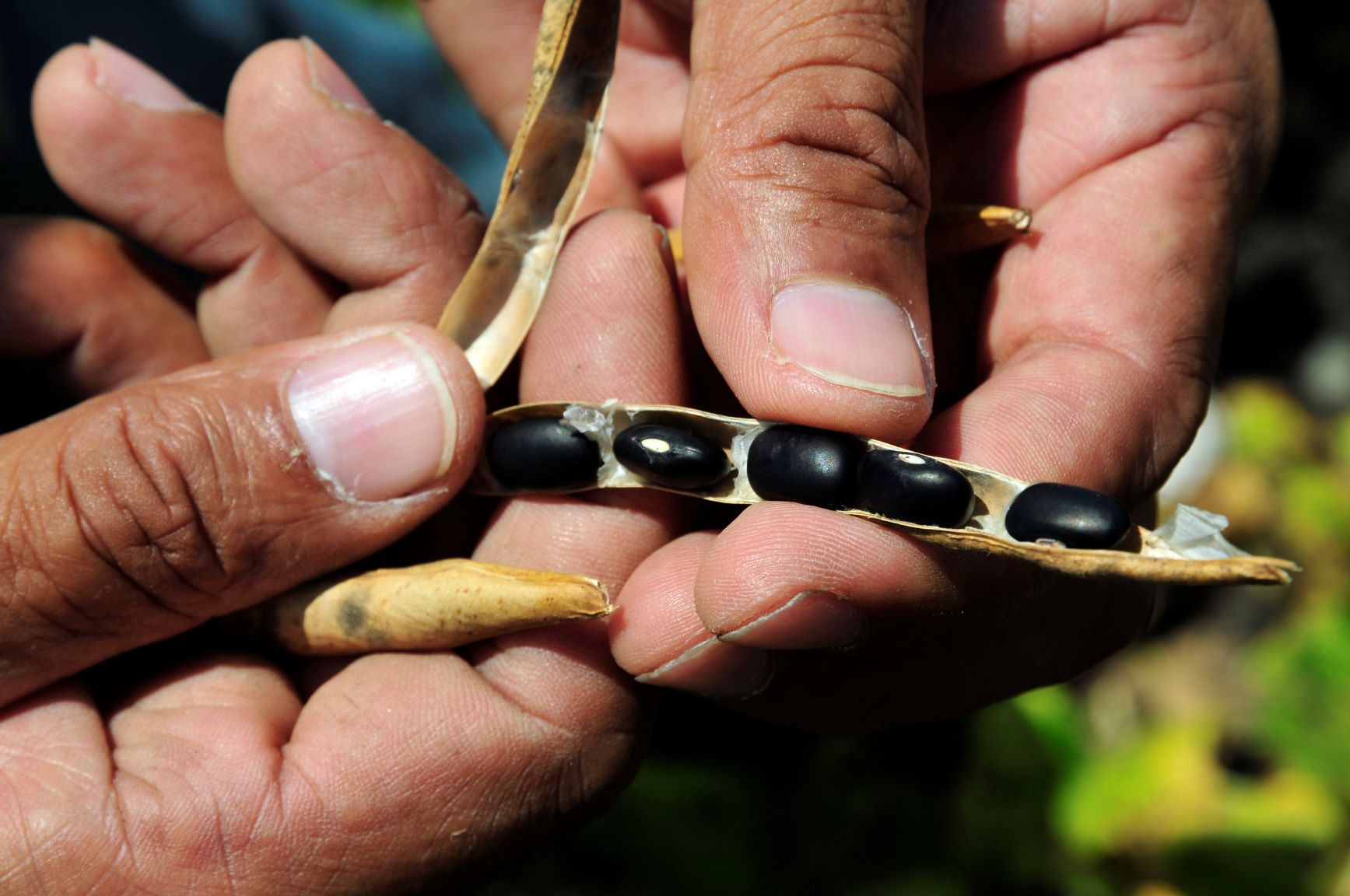

Journal Article

Journal Article

Preprint
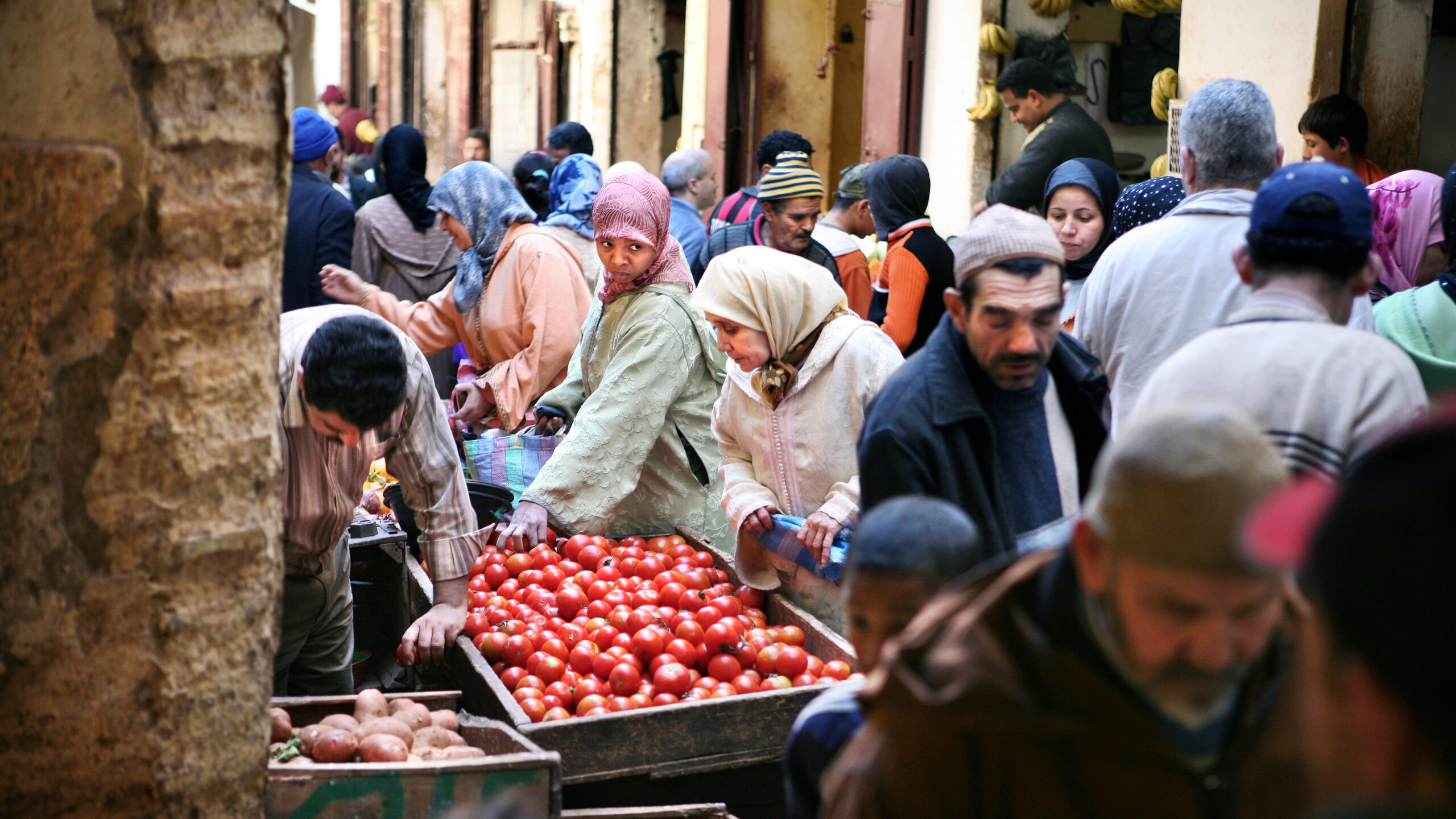
Integrating more fruits, vegetables, and other high-quality crops into food systems.
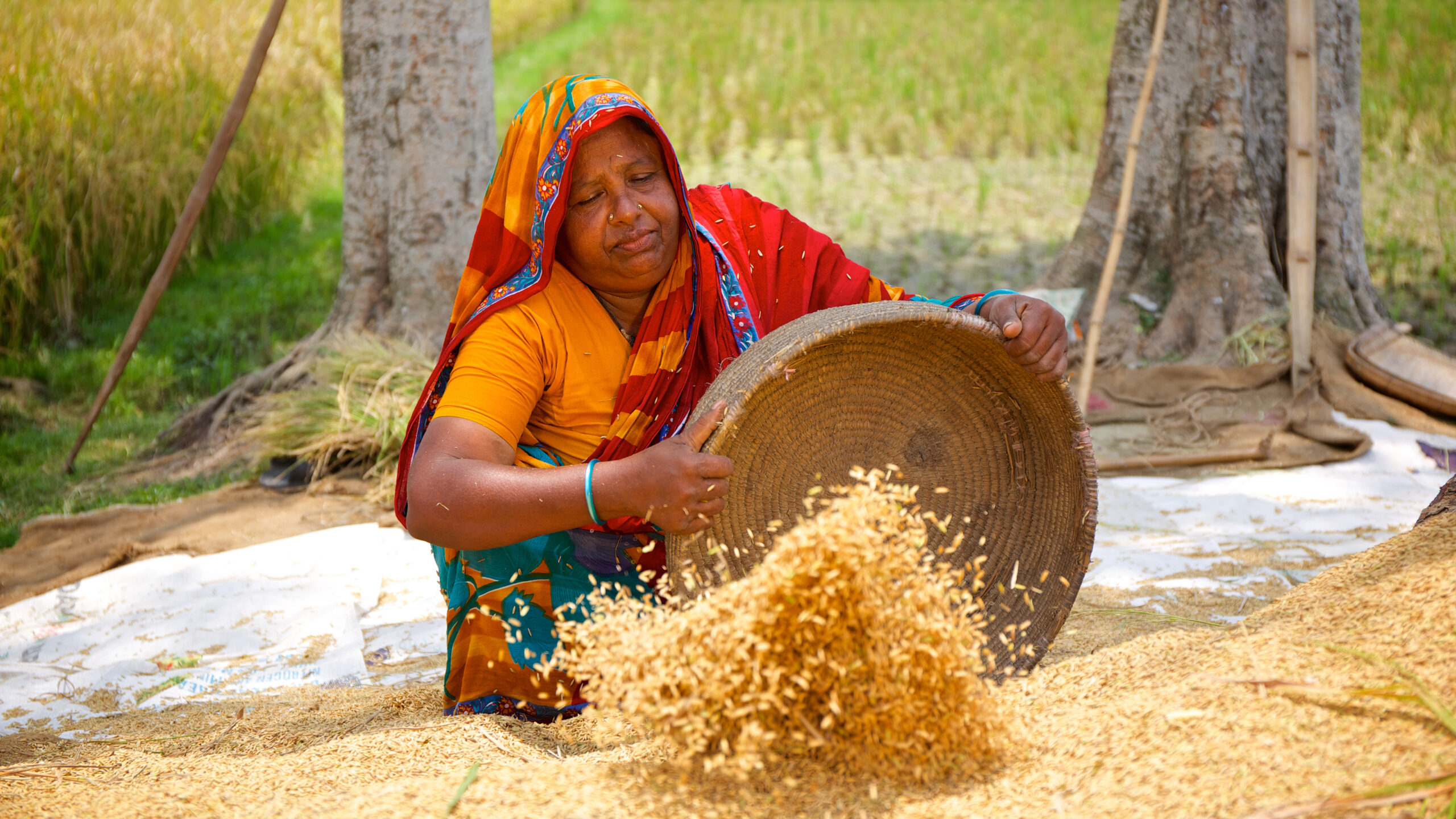
Nutritional benefits of enhanced biofortification.
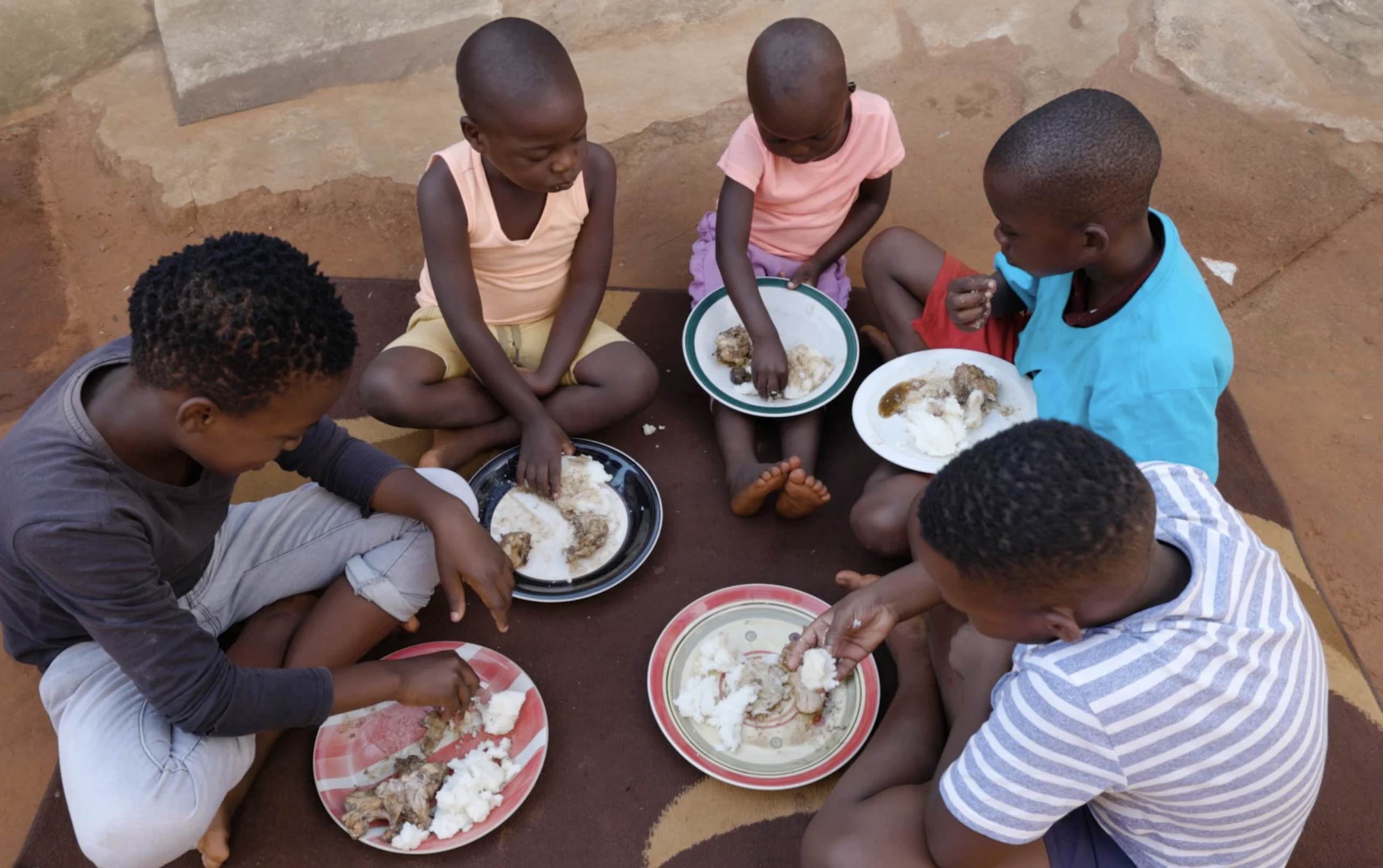
Addressing the global problem of hidden hunger.
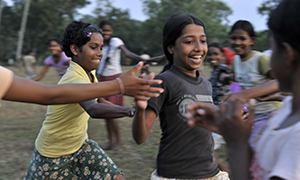
Improving food security and nutrition is critical to meeting the Sustainable Development Goals, but the world is not on track to end hunger and malnutrition by 2030. How can we accelerate progress in transforming our agri-food systems to meet the needs of the hungry and malnourished? This global learning event will bring together decision makers, […]

IFPRI will participate in the African Green Revolution Forum 2018 on September 5-8 at Kigali Convention Centre, Rwanda. First established in 2010, the AGRF is considered the world’s most important and impactful forum for African agriculture, pulling together a range of critical stakeholders in the African agriculture landscape to discuss and commit to programs, investments, […]

IFPRI is participating extensively in the International Association of Agricultural Economists (IAAE) 30th Conference of Agricultural Economists. The (IAAE) is a worldwide association of agricultural economists and others concerned with agricultural economic problems, including problems related to the use of renewable resources and the environment. Its broad goal is to make a difference through the following: IFPRI Participants: Pre-Conference Workshops […]
IndiaSpend interviewed HarvestPlus CEO Howarth Bouis at the accelerating the end of Hunger and Malnutrition conference in Bangkok regarding increased implementation of biofrotified crops to fight vitamin and nutrient deficiencies.
Live Mint published an op-ed by Associate Research Fellow Samuel Scott who discussed the innovative method of distributing biofortified staple foods to curb iron deficiency and anemia issues in India by ease of access, affordability, and scalability within the socio-cultural context.

Regional Policy Advisor, Innovation
Policy and Scaling

Senior Monitoring and Evaluation Specialist, Innovation
Policy and Scaling

Senior Scientist, Innovation
Policy and Scaling

Research Associate, Innovation
Policy and Scaling

Nutrition and Post Harvest Manager, Innovation
Policy and Scaling

Scaling Specialist, Innovation
Policy and Scaling

Program Manager, Innovation
Policy and Scaling

Program Manager, Innovation
Policy and Scaling